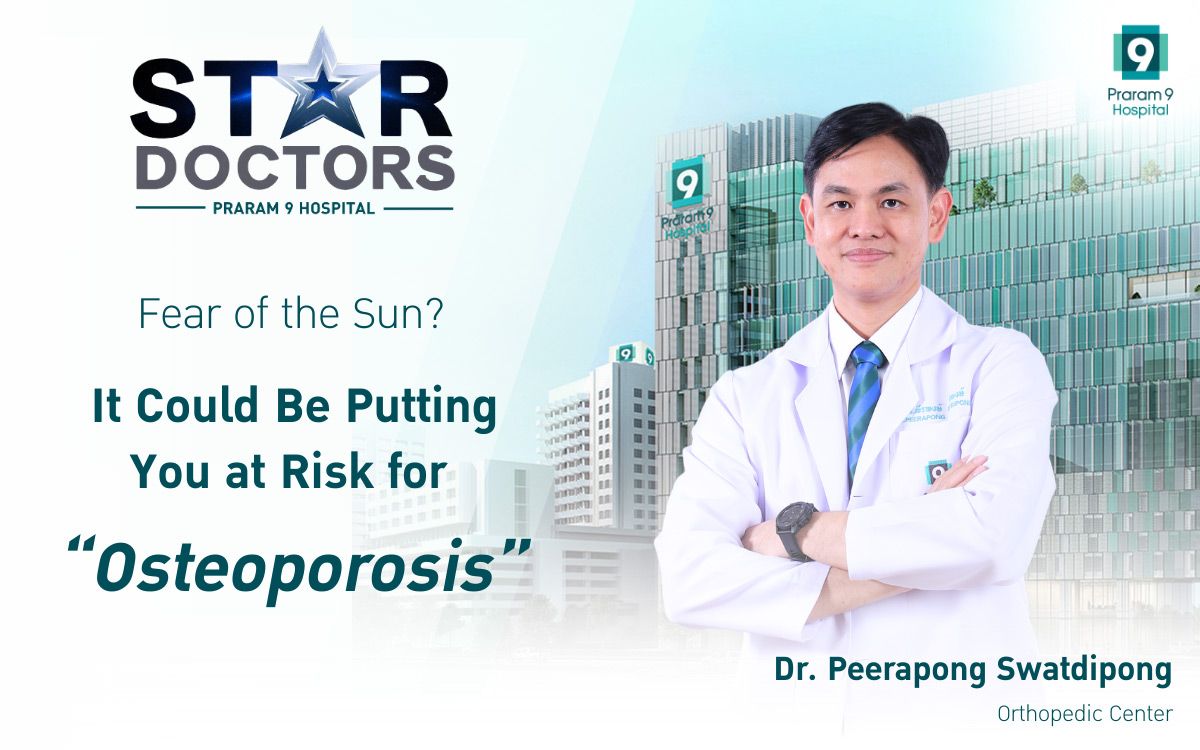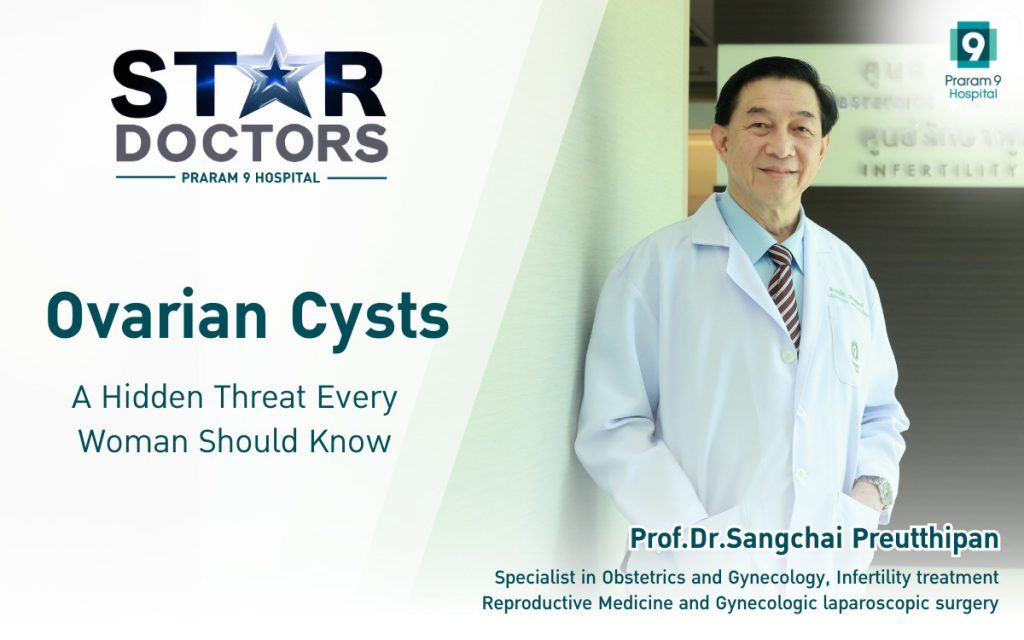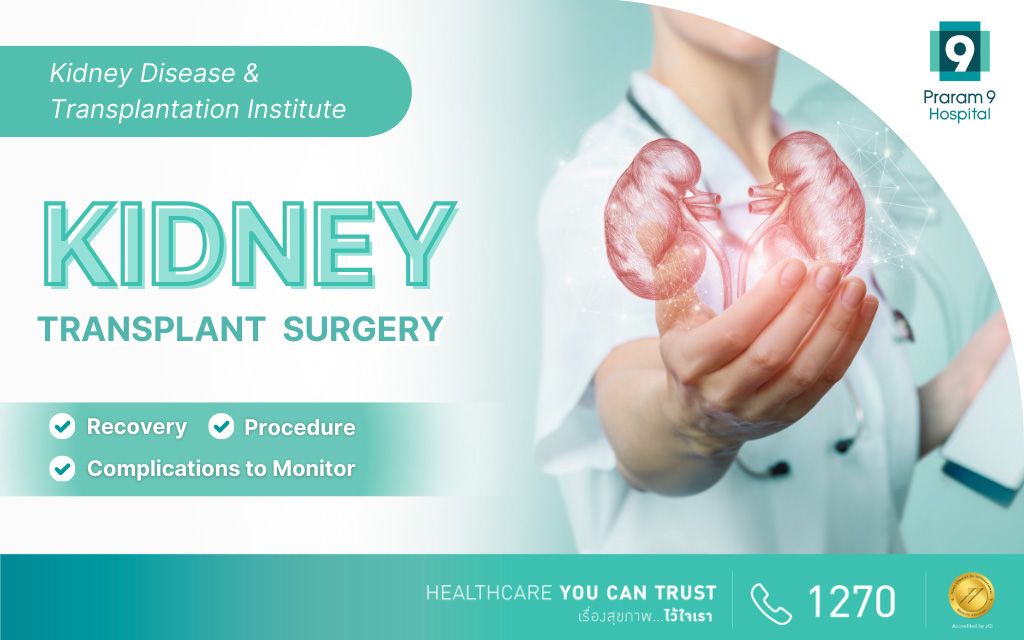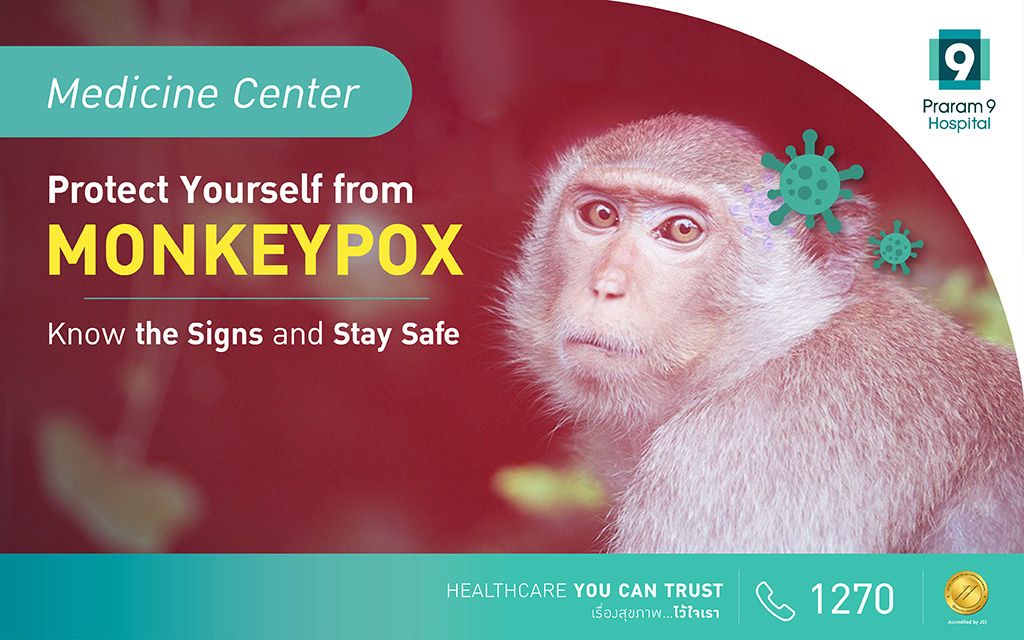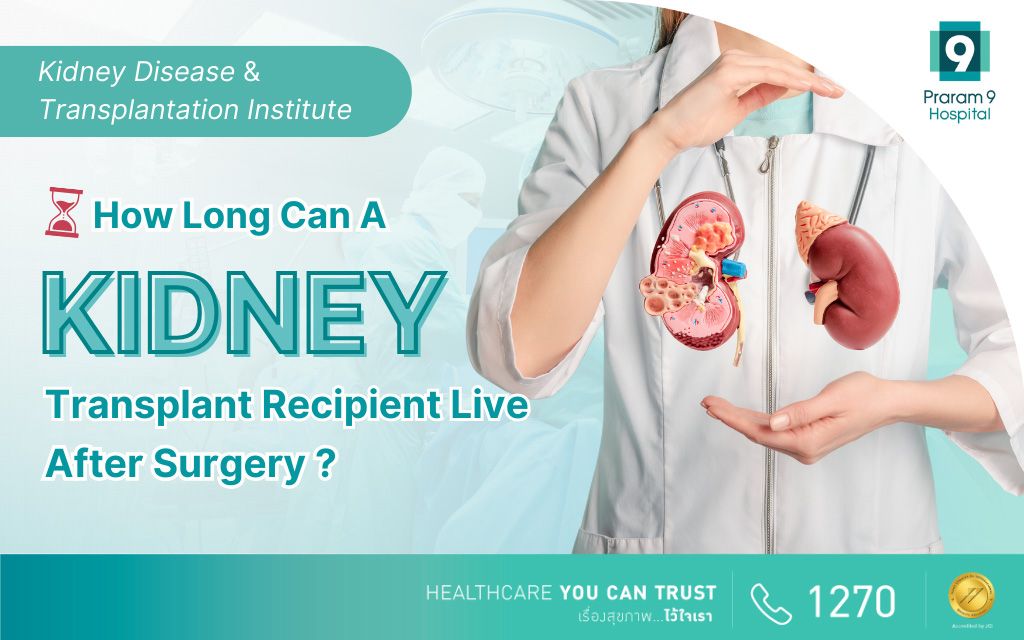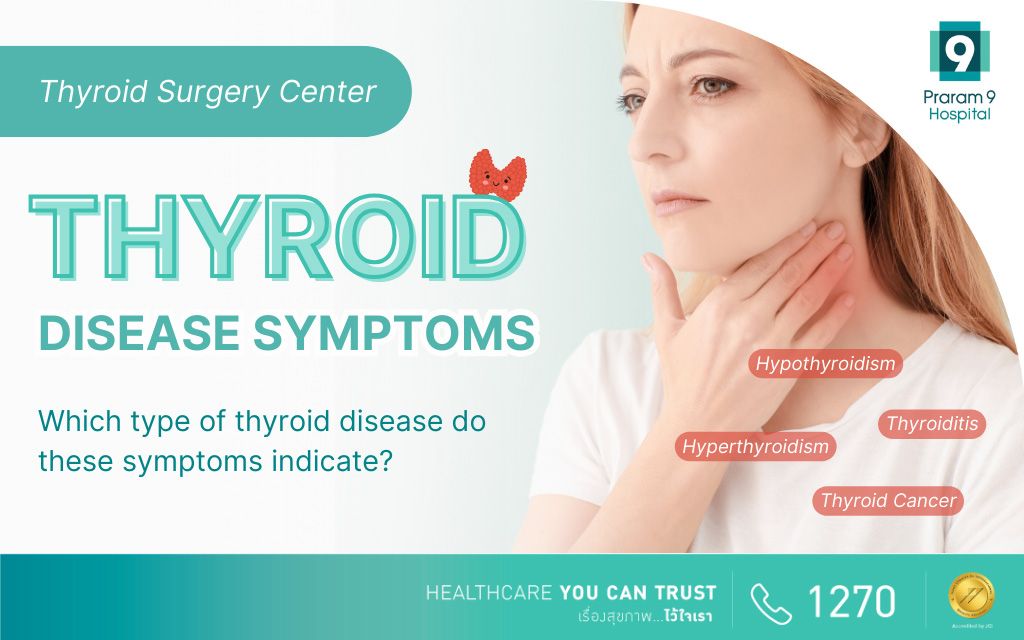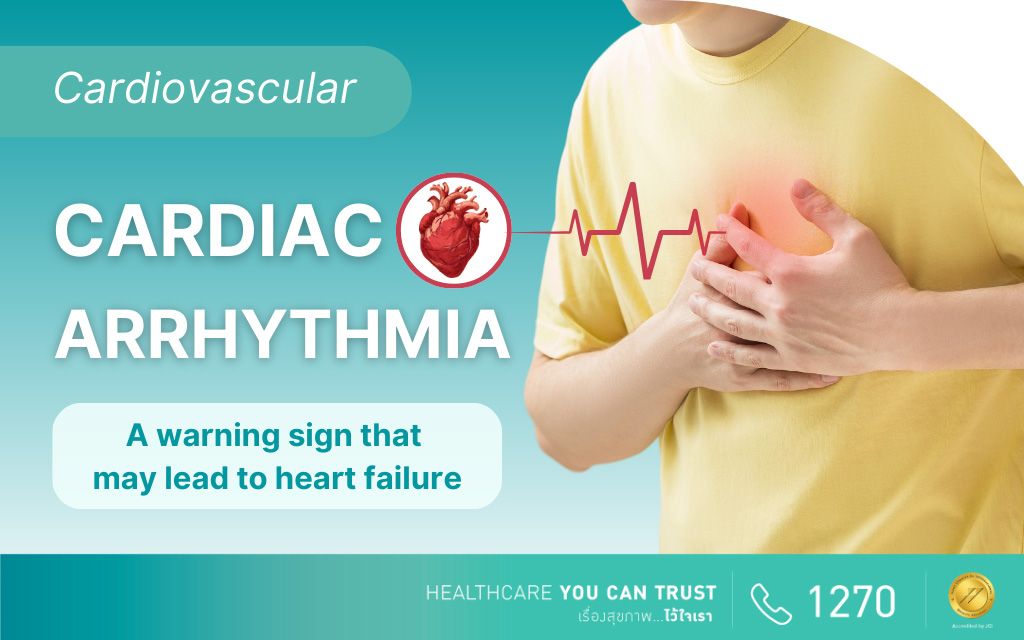Health Articles
Knowledge
Can gastrointestinal disease be prevented?

Can gastrointestinal disease be prevented?
By maintaining a healthy lifestyle, practicing good bowel habits, and submitting to cancer screening many diseases of the colon and rectum can be prevented or at least minimized
For average risk patients at age 50 the method of colonoscopy is recommended. If you have a family history of colorectal cancer or polyps, colonoscopy it is highly to recommended to check at a younger age. Usually, colonoscopy is adviced about 10 years younger than the affected family member.
Symptoms of colorectal cancer, if experienced, should consult your doctor immediately.
Common symptoms include:
- Changes to your normal bowel routine
- Blood on or in the stool that is either bright or dark
- Unusual pain around abdominal area
- Very narrow stool
- A sensation that the bowel does not empty properly after a bowel movement.
- Unexplained weight loss
More Information:

